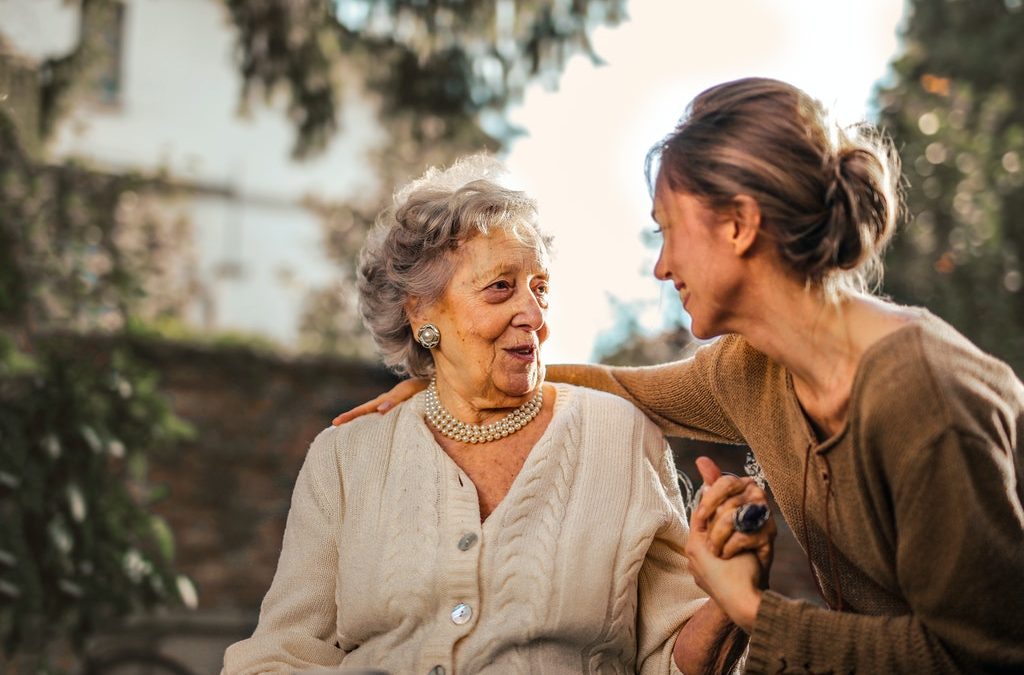Your caring role may one day come to an end. The loved one you’re looking after may need to move into a care home, need more support, or sadly, they may die. It can be a tough, because for so long they were the focus of your life. Whatever the circumstances, you may be surprised at how drastic of an adjustment it can be. It’s a good idea to start preparing for the future – we share ways of how to adjust to these changes.
If the person you care for needs more assistance
There’s many reasons why you may not be able to continue caring for someone. Their health may have deteriorated and you can’t provide the additional time and energy, or you may even have your own health issues. At this point, it’s wise to think about finding another system of care.
Firstly, ask your local social services department to carry out a care needs assessment – you may find that they are entitled to additional benefits compared to before. It’s recommended to also get assessed yourself, as you may be entitled to extra financial and physical support.
If they need more intensive care
If you find that the person you care for needs more intensive support, then you may need to consider moving them into a care home. You may no longer be able to provide care due to other responsibilities, and perhaps you feel you have let your loved one down. But your well-being is important too, and there’s only so much you can do.
Just because they move into a care home, it doesn’t necessarily mean that you stop being a carer. You may want to continue visiting the person and keep them company, or you may want to provide help whenever you can. It’ll help them get used to the new environment. If you still provide some care, again check with the local council as you may have access to additional carers’ rights and benefits.
If the person you cared for dies
The death of a loved one brings can bring about new feelings. You will naturally feel grief and loneliness from losing someone that was a big part of your life. If they were ill for a long time, you may even feel some relief. Everyone’s reaction and way of coping is completely different. Some find it easier to talk with friends and family who knew the person you cared for, so that you can all share happy memories. Others cope best on their own.
You may have to deal with the necessary practicalities, like organising a funeral or sorting out any financial issues. At Harrow Carers, we can offer advice about all of that and more. Give us a call at 020 8868 5224.
What happens now?
If your caring role has come to an end, naturally you would consider taking time off to recover, both mentally and physically. If caring was the main focus of your life, you may feel confused and a loss of purpose. You may also find yourself with lots of time on your hands but are unsure with what to do with it.
Before rushing into anything, be gentle and allow yourself to recover. Spend time with family and friends and do something you enjoy. It can help to reflect and look back on everything you’ve learned – all the good times you had and how well you coped. Think about all the skills you’ve developed and if there’s any opportunities out there to put them to good use.
When you’re ready, you may need to think about returning to work. You may want to return to the ‘normal’ life you had before caring or have a clean state, but have no idea where to start. That’s where we come in. The team at Harrow Carers can offer you individually tailored support regarding your career, application advice, interviews and much, much more…
Feel free to give us a ring at 020 8868 5224.

